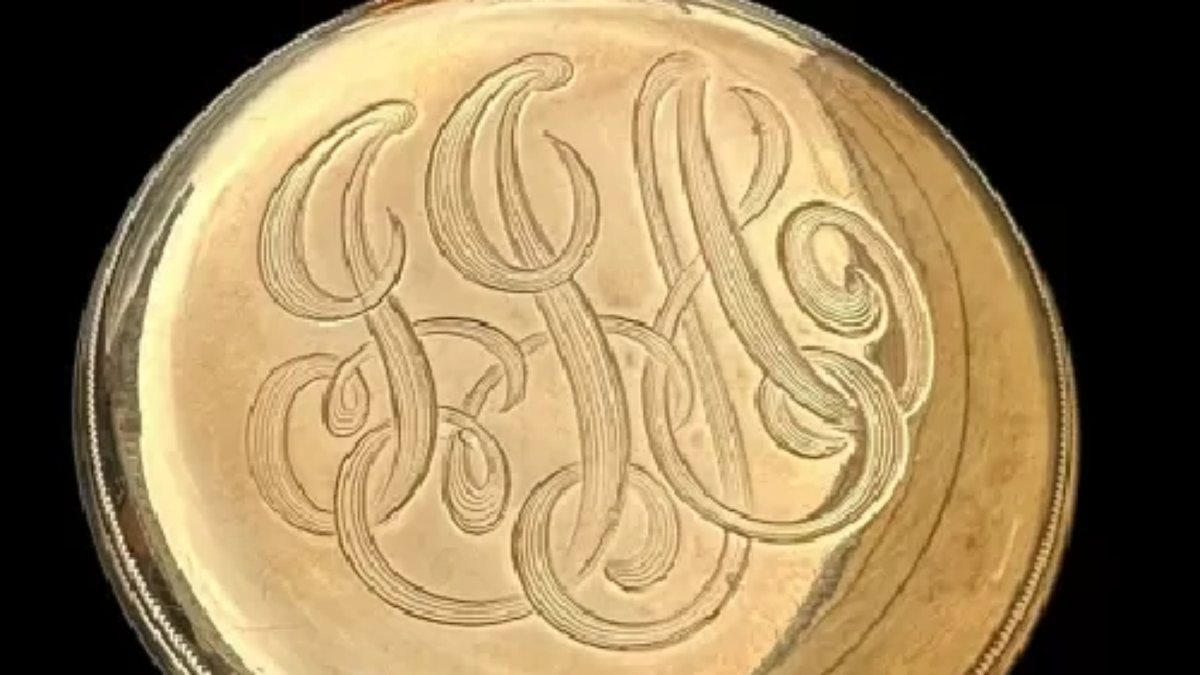Brazil fell 10 places in the 2023 Corruption Perceptions Index (IPC), released on Tuesday (30) by Transparency International. The country scored 36 points and was in second place 104th place.
The IPC measures how experts and business people view public sector integrity in the 180 countries surveyed. The score ranges from 0 to 100, where 0 means “very corrupt” and 100 means “very honest.”
The better the ranking, the less corruption in the country. Brazil obtained the same result as Algeria, Serbia and Ukraine.
Among the countries of the Americas, Brazil, for example, lagged behind Uruguay (76 points), Chile (66 points), Cuba (42 points) and Argentina (37 points).
Brazil is still two points lower than it was the previous year (2022), below the global average of 43 points. This is the second worst result obtained by Brazil since the index was calculated. In 2018 and 2019, the country scored only 35 points.
The highest-ranking country in the classification was Denmark, with 90 points. Somalia received the lowest score with 11 points. See below a list of some functions:
Countries with the highest scores
- Denmark (90 points)
- Finland (87 points)
- New Zealand (85 points)
- Norway (84 points)
- Singapore (83 points)
Lowest registered countries
- Yemen (16 points)
- Venezuela (13 points)
- Syria (13 points)
- South Sudan (13 points)
- Somalia (11 points)
Clarifications from Transparency International
The refinery identified as a target of corruption in Lava Jato has resumed operations
According to Transparency International, in 2023, Brazil has failed to rebuild the political foundation for the fight against corruption. However, according to the Comptroller General of the Union (CGU), preventing corruption is something that is being worked on (Read an excerpt from the note below).
To raise criticism, the entity's report referred to the government of former President Jair Bolsonaro as a “setback in the fight against corruption in the country.”
“Jair Bolsonaro’s years as president of the republic taught us how, in a few years, the legal and institutional anti-corruption frameworks that took the country decades to build can be dismantled,” he points out.
According to the international organization, the fight against corruption is based on three pillars of the oversight system: judicial, political and social. The pillars that, according to the report’s analysis, “Bolsonaro made an effort to attack.”
He continues, “This government has been intensely dedicated to neutralizing each of these pillars, whether to protect his family from investigations into proven corruption schemes, or to avoid an impeachment process for his countless impeachment crimes and attacks on democracy.”
Regarding the government of President Luiz Inacio Lula da Silva, the report criticized, for example, the relaxation of state law.
“There are already signs that the current bargaining terms between the federal government and Congress are deteriorating, with the reintroduction of another key political bargaining chip: the division of state-owned enterprises,” he notes.
In this sense, Transparency International cites the case of Petrobras.
“The effects are already beginning to be felt in the main Brazilian company and center of the macro-corruption schemes, Petrobras, with the relaxation of political protection rules in the company’s articles of association and director appointments overriding a veto by the Compliance Department, including individuals investigated for corruption.”, Highlights.
As a positive point for the current administration, the report points to the decision of the Comptroller General of the Union (CGU) to declassify documents designated by the previous government.
“Within the social control of corruption, progress has been made. The Comptroller General of the Union (CGU) has abolished nearly two hundred abusive secret orders identified by the Bolsonaro government and, most importantly, established rules to prevent new violations of the access rules of the Information Law,” details.
The federal police operation investigating illegal espionage by the Brazilian intelligence agency (ABIN) was also cited in the Transparency International opinion as a positive thing.
Approval of the tax reform is evaluated “with the possibility of reducing the possibility of special regulations and the influence of pressure or payment of bribes to the authorities.”
Transparency International made a series of recommendations. Among them is the implementation of a national anti-corruption policy, which is being developed “with broad participation from civil society.”
Another approach was for the government to ensure “maximum transparency” in public investment programmes, such as the Growth Acceleration Program (PAC), for example.
Moreover, it must preserve the law on state-owned enterprises and strengthen the governance mechanisms of these companies, “to prevent them from becoming a bargaining chip.”
Other recommendations to the federal government include creating a national inventory of surveillance tools held by state authorities and private companies, as well as adopting strict transparency and oversight mechanisms for the acquisition and use of these tools.
In a memorandum, the Comptroller General of the Union (CGU) reported that the government “has re-established the structure of public policy councils” and that the CGU “works daily to correct the risks of corruption in public policies, contracting and other state actions.” .
Moreover, the comptroller says that the integrity of federal agencies and cooperation in implementing public integrity programs has been “enhanced, the adoption of corruption prevention mechanisms by companies has been encouraged, and mechanisms for detecting and punishing corruption have been improved.”

“Music fanatic. Professional problem solver. Reader. Award-winning tv ninja.”

:strip_icc()/s03.video.glbimg.com/x720/12554906.jpg)




:strip_icc()/s01.video.glbimg.com/x720/12279628.jpg)
More Stories
A watch owned by the richest Titanic passenger was sold at auction for 7.47 million Brazilian reais
Hamas leader says there are no “major problems” with the truce proposal
A woman quits 27 minutes into work after figuring out how to do hotel cleaning